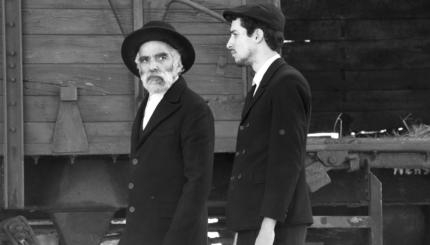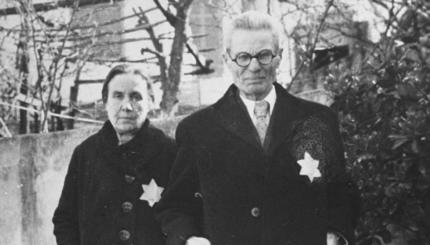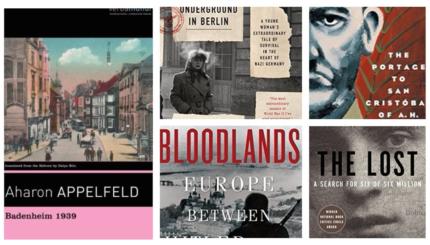Religion attempts to make sense out of the world around us, finding order and meaning in what often seems chaotic and meaningless. Nothing has shaken the foundation of our religion like the chaotic and senseless Shoah. Its devastation was so widespread, its perpetration of evil so extensive, it raised searing theological questions about God and His role in the world; about good, evil, and justice; about the value of life and death; and about Jewish destiny.
How and why could the Holocaust have happened? Did it fit within the pattern of Jewish history, or was it a unique occurrence that would end it? Could it be read as a fulfillment of an ancient prophecy or did it threaten the integrity of the entire Torah? Could the Jewish people respond to it as we have to previous drastic turning points in our history, or would it totally turn us away from the heritage and its burdens?
What We Expect of God
Until the Holocaust, the traditional view of God and His connection with Israel had remained intact: God was our Provider and Protector. Even though bad things would happen to His people–which [were seen] as the justified result of our failure to honor Him and the way of life He presented to us–periods of oppression would always be followed by salvation, and eventually the persecution-ending, exile-gathering, peace-bringing redemption would occur. As the Passover haggadah expresses it, “in every generation enemies rise up seeking to destroy us, but God delivers us from their hands.”
This expectation carried the Jews through the failed Bar Kokhba revolt, the Crusades, repeated humiliations and expulsions, pogroms and myriad persecutions, even the Spanish Inquisition. But it was shaken (and for some, completely shattered) by the success of the Nazis in decimating European Jewry. The destruction–not only of an astounding number of Jews but of a disproportionate percentage of scholars and rabbis, along with the major centers of Jewish culture and learning–challenged the long-held belief that God intervenes in the world to balance injustice by punishing evil and rewarding good.

Help us keep Jewish knowledge accessible to millions of people around the world.
Your donation to My Jewish Learning fuels endless journeys of Jewish discovery. With your help, My Jewish Learning can continue to provide nonstop opportunities for learning, connection and growth.
Was God dead? Was He just indifferent–or worse, a sadist? If He could not be counted on to live up to His reputation for mercy and intervene, what good was He? And if He did not intervene, by what reasoning did He merit our allegiance?
Judaism teaches that maintaining Jewish continuity will bring blessings to one’s descendants. But the descendants of identified Jews (anyone with one Jewish grandparent) were the ones who [cynics might argue] fell into Hitler’s trap, the observant along with the secular, the pious along with the apikores (apostate). For those left to sort out the implications of the devastation, nothing could possibly justify what was seen as God’s brutal and wholesale betrayal of the Jewish people.
Was the Covenant Broken?
This tremendous upset called into question whether the covenant–what was supposed to be an eternal contract between God and Israel–had expired. Without it, there was no sense of order in the universe, no purpose in life, no hope for a better future, no meaning in past or present suffering, no need for Jews or Jewish life.
Of course, this was exactly the conclusion desired by the Nazis, who had to eliminate belief in absolute Divine power (which was, according to God’s plan, eventually supposed to be universally recognized so that everyone would accept, and benefit by, His standards) and any reference to it in order to wield their own absolute power.
This was also exactly the response of many victims, for whom the covenant had been rendered null and void. They could not believe that God and the Holocaust’s degree of evil could coexist. Or they could not recognize a God who would allow such evil to operate. They had no faith that such crimes would never again occur and feeling no hope in life, and expecting no meaning in death, saw no reason to perpetuate Judaism. To spare their descendants the horrors they had endured, they abandoned Judaism, sometimes converting and raising their children as non-Jews.
Excerpted from Celebrate! The Complete Jewish Holiday Handbook. Reprinted with permission from Jason Aronson Inc.


